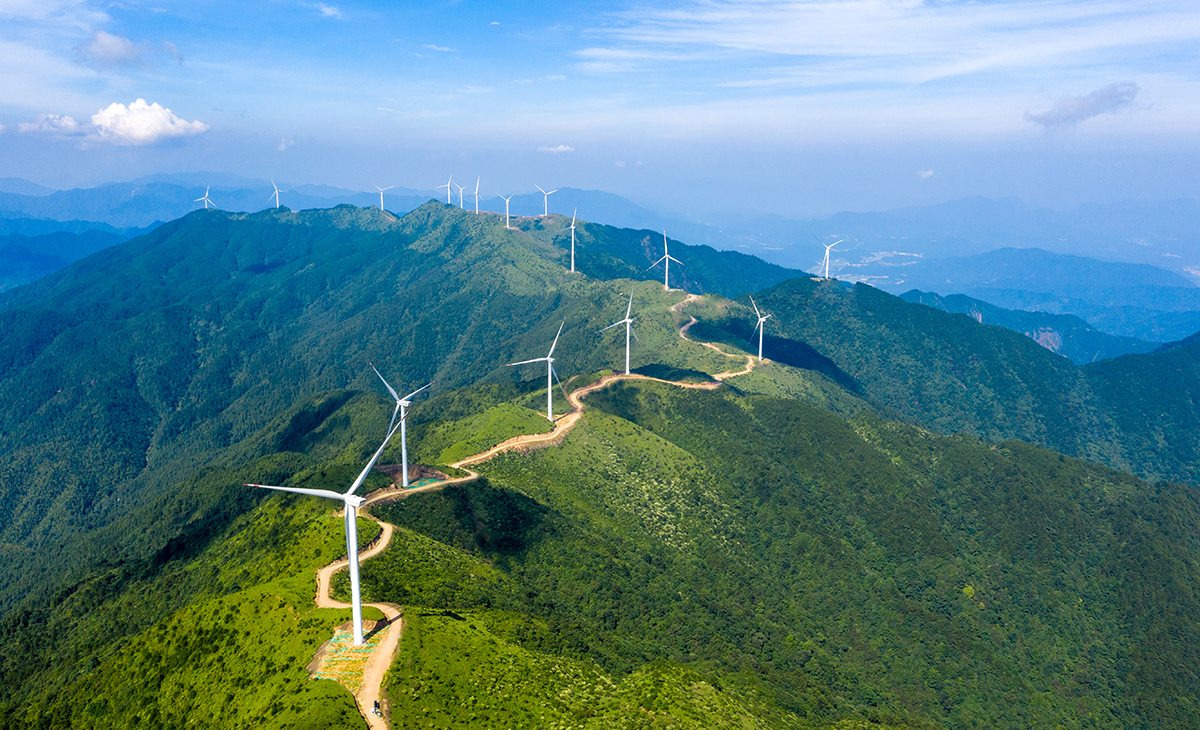In Short: Despite the growing urgency of addressing climate change, a significant number of European businesses are still excluding Scope 3 emissions from their net-zero plans. Scope 3 emissions, which include indirect emissions from the entire value chain, are often the largest and most challenging to mitigate. Businesses need to broaden their focus beyond their direct operations and incorporate Scope 3 emissions into their climate strategies. Addressing these emissions is crucial for achieving meaningful progress toward carbon neutrality and mitigating the impact of climate change.
In Detail : While two-thirds of businesses are prioritising the measurement and disclosure of their operational emissions, most are still not factoring Scope 3 (indirect) emissions reporting into their net-zero plans – largely due to a perceived lack of regulatory pressure.
These are some of the key findings from a new survey of 300 European firms, conducted by Centrica Business Solutions to assess how ready the private sector is for forthcoming risks relating to net-zero, including regulatory compliance and physical risk.
Two-thirds of those surveyed said that a key risk to address is non-compliance with reporting requirements around Scope 1 (direct) and Scope 2 (power-related) emissions. This was particularly a focus for the largest businesses and those in energy-intensive industries.
The European Commission voted in July to adopt new European Sustainability Reporting Standards (ESRS), building on a Corporate Sustainability Reporting Directive (CSRD) last year. Under the ESRS, large companies will need to conduct a materiality assessment to determine which environmental issues are most material to their operations and value chains. Any firm which does not rank climate mitigation highly will need to explain why.
Failure to comply with the CSRD could result in a fine of up to 5% of an organisation’s annual revenue.
The CSRD and ESRS have been designed to align with new international sustainability standards being rolled out in the coming years. Two standards primarily focused on climate are already live.
Businesses operating in the UK are already mandated to report climate risk in line with the Taskforce on Climate-Related Financial Disclosures (TCFD) framework if they are over a certain size. There is also a net-zero transition plan mandate on the horizon for the largest businesses in the highest-emitting sectors in Britain.
Sidelining Scope 3
Nonetheless, 55% of businesses polled by Centrica Business Solutions said they were either “not at all concerned” or “not very concerned” about preparing for mandatory reporting of Scope 3 emissions and, as such, were not factoring this into their net-zero strategies.
CDP estimates that the average large business will generate 11.4 times more emissions indirectly than directly. The Science-Based Targets Initiative (SBTi) requires businesses to pledge to reduce absolute Scope 3 emissions by at least 90% by 2050 under its Net-Zero Standard.
Centrica Business Solutions’ report stipulates businesses currently feel less pressure from regulation and legislation to measure and manage Scope 3 emissions.
It also adds that many businesses need “much more time and resources” to measure and reduce Scope 3 emissions, and may not be ready to accept that they will need to redesign their product and/or service offerings.
Only 11% of businesses polled said they are already redesigning products and services. 74% said they would only start doing this in two or three years’ time.
It bears noting that, despite a strong desire to measure Scope 2 emissions, most firms are yet to take meaningful steps to reduce them. Only one-fifth of businesses polled have shifted to clean energy supply contracts. A further 17% have installed onsite renewable generation.
Four in ten organisations surveyed said that accessing funding for the energy transition remains a challenge.
And more than a quarter (27%) said their region lacks the enabling ecosystem to facilitate the transition to low-carbon energy. Businesses surveyed for the report hail from Hungary, Italy, Ireland, the UK and the Netherlands.

